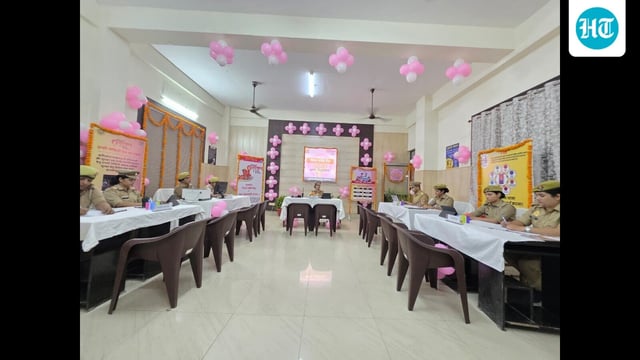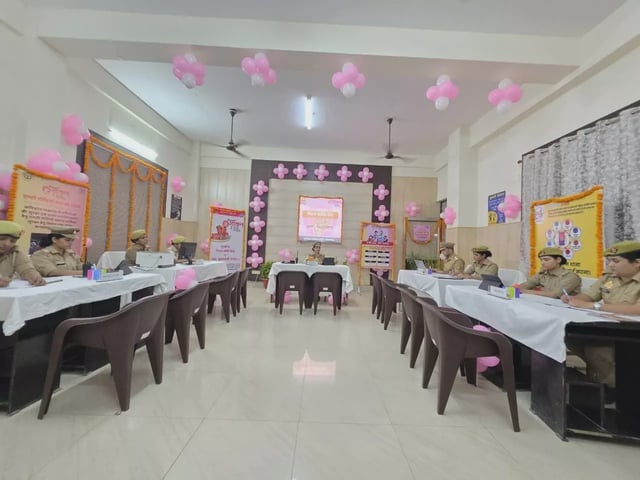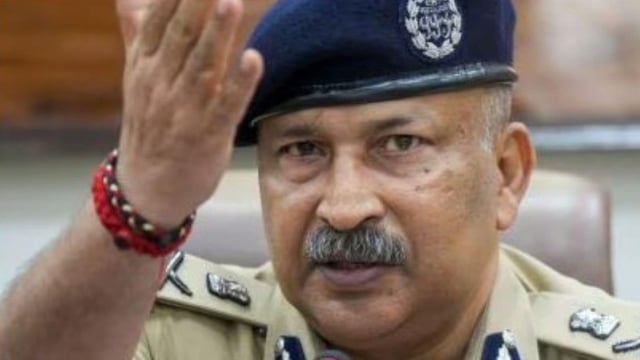Overview
- Station house officers must provide a dedicated room with a computer, records, stationery and a women’s toilet, then make each centre operational within two weeks of formal launch.
- Each unit will be led by an officer-in-charge or sub-inspector, preferably a woman, supported by 1–4 additional sub-inspectors, 4–15 constables with at least 50% women, 1–2 female home guards and counsellors as needed, with postings typically lasting 3–5 years.
- Centres will function as embedded women’s outposts that prioritise complaints, investigate sensitive cases, maintain parallel FIR and preventive-action registers, ensure timely medical examinations and raids, and coordinate legal aid, rehabilitation and compensation.
- Prevention and outreach responsibilities include Anti-Romeo squads, women-beat plans, self-defence classes and regular awareness programmes on women’s safety and cyber security.
- All personnel must complete IGOT Karmayogi certification within one month with materials supplied by the Women & Child Safety Organization, which will also run quarterly reviews, while APS-level nodal officers control postings and propose transfers for district establishment board review.


